How to prevent night sweats — doctors share their top 5 tips
Don’t lose sleep over night sweats, here’s how to combat them and reclaim a restful sleep
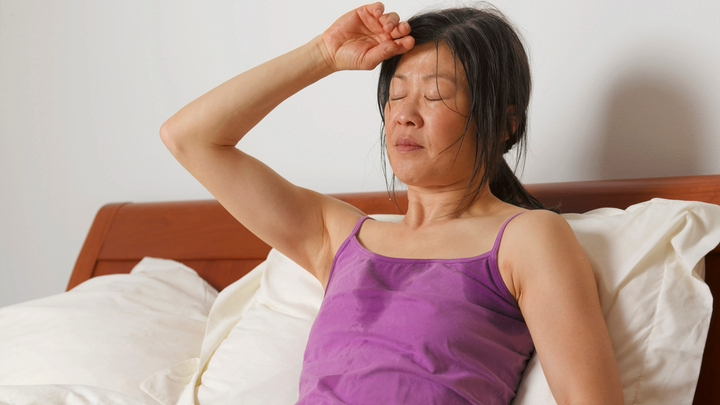
If you’re waking up covered in sweat and it’s not because there’s a heatwave outside or you're buried under heavy bed linens, then it could be that you’re experiencing night sweats. A study of over 2,000 adult patients found that 41% of them reported night sweats.
Whilst night sweats are fairly common, there are some occasions where persistent or excessive sweating at night can be a symptom of underlying health conditions. While some of the best mattresses have cooling properties that can help regulate your temperature while sleeping, severe night sweats are something your doctor can help with.
We recently spoke to Dr Deepali Misra- Sharp, GP partner at Lordswood Medical Group and BMS advanced menopause specialist, and Dr Vera Martins scientific lead for Liminal, and a Lifestyle Medicine Practitioner, Naturopath and Master Herbalist, to learn more about night sweats, how to prevent them, and when to seek medical advice.
What are night sweats?
Night sweats are episodes of excessive sweating, often severe enough to soak through sleepwear and bedding. Night sweats occur at night, during sleep and they are not related to an overheated room, a warm climate or heavy bedding.
Dr Misra-Sharp explains, “Night sweats are a common yet often disruptive symptom, particularly for women going through menopause or perimenopause. While hormonal fluctuations are the most frequent cause, night sweats can also be a sign of underlying health issues.” Night sweats can be disruptive to sleep patterns, leading to poor sleep quality and extreme daytime fatigue.
How to prevent night sweats
While night sweats can seem difficult to manage, there are several effective strategies to prevent them. We asked Dr Misra-Sharp and Dr Martins for their advice on how to ease night sweats and reclaim your sleep.
1. Maintain a cool sleep environment
Keeping a cool and comfortable sleep environment is crucial to preventing night sweats. Dr Misra-Sharp recommends “The ideal room temperature for preventing night sweats is around 18°C (65°F). Use fans, air conditioning, or open windows to maintain airflow and keep the bedroom cool.”
Sign up to get the BEST of Tom's Guide direct to your inbox.
Get instant access to breaking news, the hottest reviews, great deals and helpful tips.
Other ways you can optimize your sleep space is to invest in one of the best cooling mattresses and choose bedding that is made from natural, moisture-wicking fabrics like cotton or bamboo. Try avoiding synthetic materials that can trap heat.
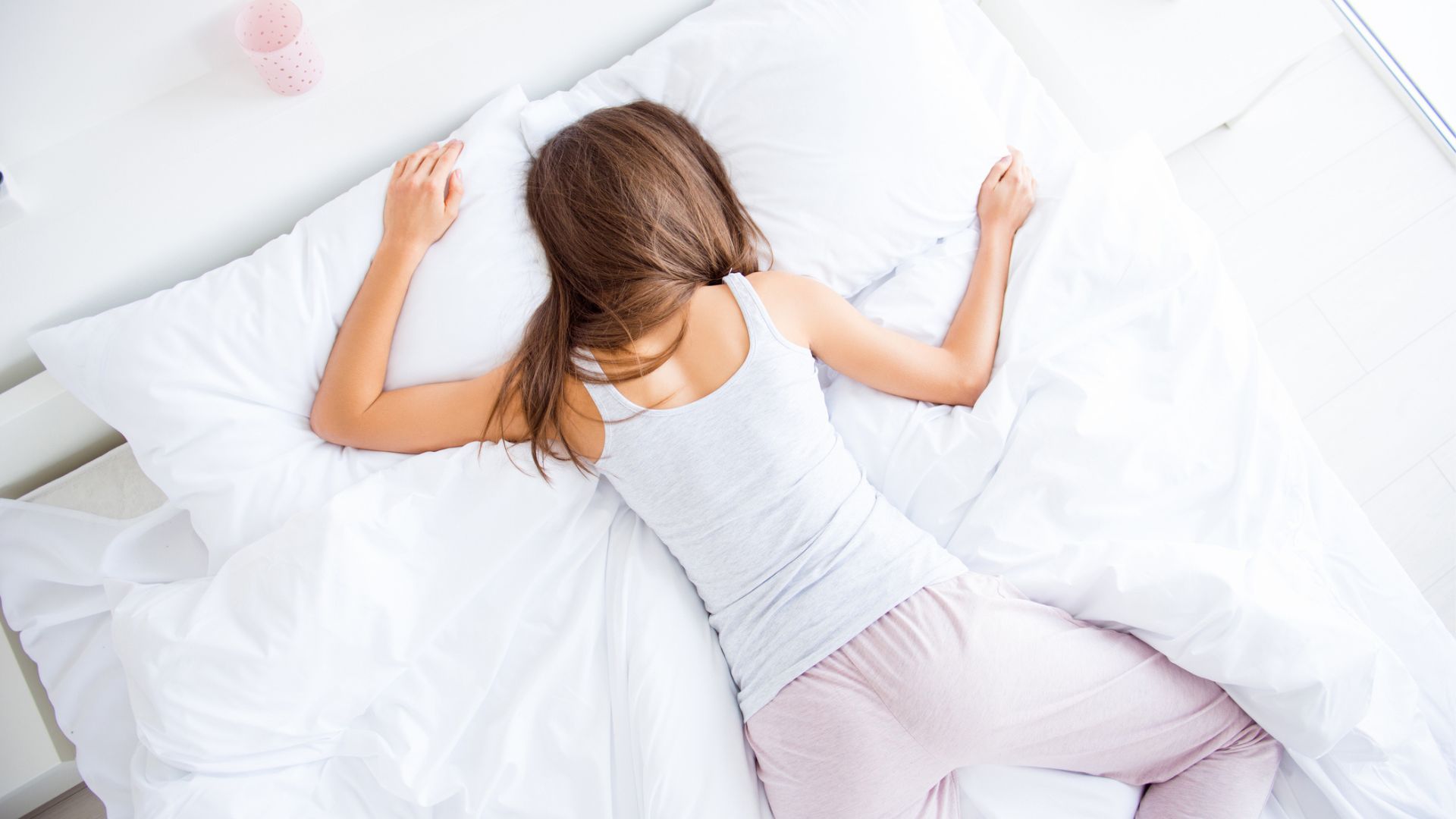
2. Adjust your diet
What we eat can often make a difference to how we sleep, and its is no different when it comes to night sweats. Dr Martins suggests “Avoiding the classical triggers: alcohol, caffeine, spicy foods, hot drinks, and smoking. Be also aware of additives in foods, particularly those found in Ultra Processed Foods (UPFs) and avoid UPFs as much as possible. Keeping a food diary can help to identify triggers and patterns of behaviour.”
She goes on to say, “It’s also key to drink plenty of water - which can feel hard when we are dashing from pillar to post - but at a minimum, we need to be consuming 1.5 litres daily.”
3. Consider Hormone Replacement Therapy (HRT)
NICE Menopause Guidelines recommend HRT for vasomotor symptoms. Vasomotor symptoms are also known as hot flashes or night sweats. They are a form of temperature dysfunction that occurs when there are changes in gonadal hormones.
Women who feel that HRT could benefit them in reducing hot flashes, night sweats and other symptoms of menopause should visit their doctor for a full consultation to discuss the benefits and risks of this medication based on their own personal health profile.
“HRT works by stabilising oestrogen levels, which in turn helps regulate the hypothalamus and reduce the frequency and severity of night sweats,” says Dr Misra-Sharp.
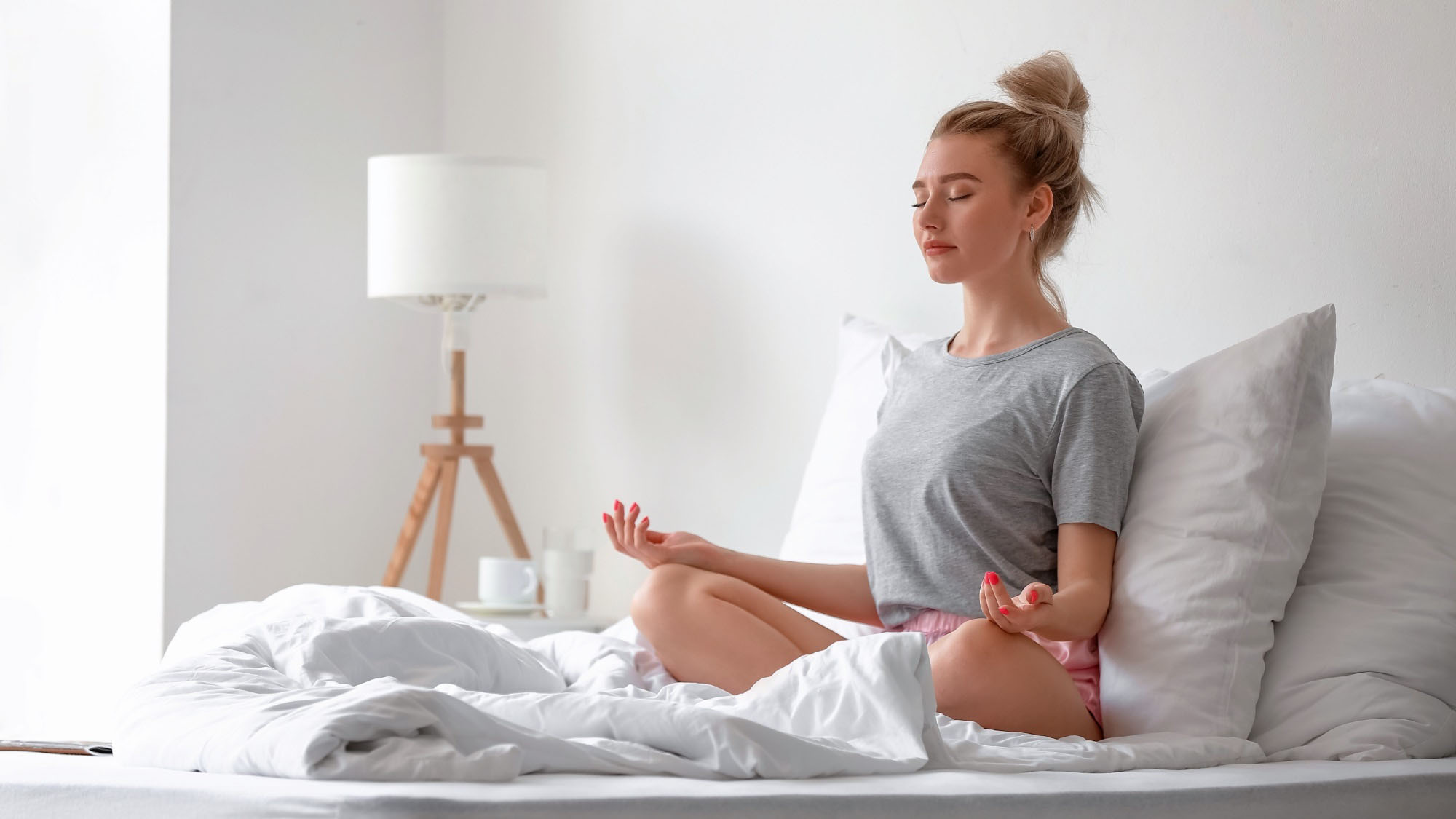
4. Control your stress levels
Whilst night sweats are primarily caused by changes in hormones, stress can also play a part. When stressed, the body releases hormones like cortisol, which can raise body temperature and trigger sweating.
Dr Martins suggests taking part in stress management techniques including Cognitive Behavioral Therapy (CBT) and Tapping in order to manage night sweats. She says, “ It’s very well researched and particularly useful for women with a history of hormone-sensitive cancers who cannot take Hormone Replacement Therapy (HRT) or phytoestrogens in the form of a supplement."
"NICE (National Institute for Health and Care Excellence) guidelines state that CBT can not only help with low mood and anxiety but can also reduce hot flushes, night sweats and improve sleep during menopause,” she adds.
5. Try herbal remedies or supplements
Sometimes taking a more natural approach is the answer, there are some supplements have that been traditionally used to address night sweats. Dr Martin says “Sage is a well-researched botanical for night sweats. It contains phytoestrogens, but it’s also a very cooling herb. The best way to take it is as a tea using the fresh sage leaves—at night time or any time during the day. Brew for at least 5 minutes, and it can be drunk cold, too.”
Other supplements that have been associated with easing the symptoms of night sweats include black cohosh, evening primrose oil, maca and adaptogens like Ashwagandha.
However, before you start any new supplement regime it is advisable to consult with your own doctor or medical professional who can help you weigh up the potential benefits and risks as well as recommend appropriate options based on your specific needs and medical history.
What causes night sweats?
Night sweats can be down to various causes, ranging from changes in hormones to underlying conditions. Dr Misra-Sharp explains: “Night sweats during menopause are primarily caused by hormonal changes, especially the reduction of oestrogen.
"Oestrogen helps regulate the hypothalamus, the brain’s temperature control centre. When oestrogen levels drop, the hypothalamus can become overly sensitive to slight changes in body temperature. This miscommunication leads the body to believe it is overheating, prompting it to activate the sweat glands to cool down—causing night sweats or hot flashes.”
Dr Misra-Sharp also explained that other causes of night sweats could include infections, thyroid disorders or medications including antidepressants, steroids and medications for diabetes.
She added, “While night sweats during menopause are usually harmless, they can sometimes indicate a more serious condition. It’s essential to see a doctor if Night sweats occur outside the typical menopausal age (40-55 years) or if you’re a male or a younger woman."
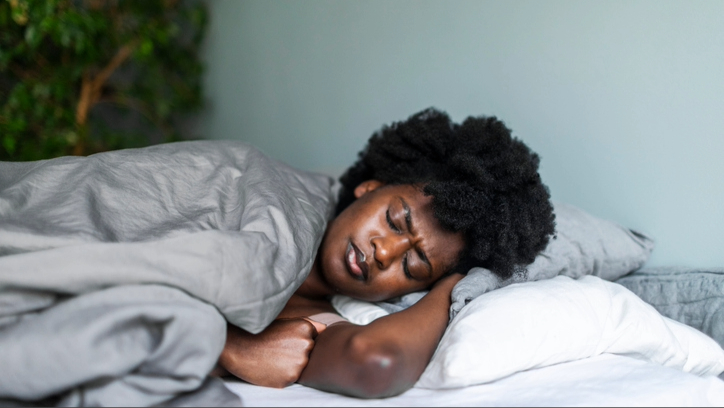
"If you experience unexplained weight loss, fever, or chronic fatigue alongside night sweats this could indicate an underlying infection or, more rarely, a form of cancer like lymphoma. Or if night sweats are severe or persistent, leading to prolonged sleep disruption and daytime fatigue,” she explains.
For anyone concerned about night sweats or their symptoms, visiting the GP should be the first course of action. Your GP is likely to recommend blood tests, hormone level assessments or imaging to rule out other medical conditions.
3 tips to get a better sleep
Night sweats can have a significant impact on sleep quality. Here are some top tips on how to improve your overall sleep experience.
1. Pay attention to your sleep hygiene
Sometimes getting off to sleep isn’t as simple as just getting in to bed and closing your eyes. Practicing good sleep hygiene is essential for a good night's sleep. To do this first you need to create a bedtime routine.
Keep your bedroom dark, cool and quiet and avoid any screens or electronic devices for at least an hour before bed. You could even try a 15-minute meditation session to try and relax your brain into a deep state of rest. By creating a bedtime routine you’ll signal to your body that it’s time to wind down and get to sleep.
2. Stay consistent
Although sometimes life gets in the way, maintaining a regular sleep schedule is a great way to regulate your body’s internal clock. Try to go to sleep and wake up at the same time every day, even on your days off, at weekends and whilst on vacation.
Doing this consistently will reinforce your body’s sleep-wake cycle which will then make it easier to fall asleep and to wake up naturally. This should leave you feeling more refreshed and less groggy in the mornings.
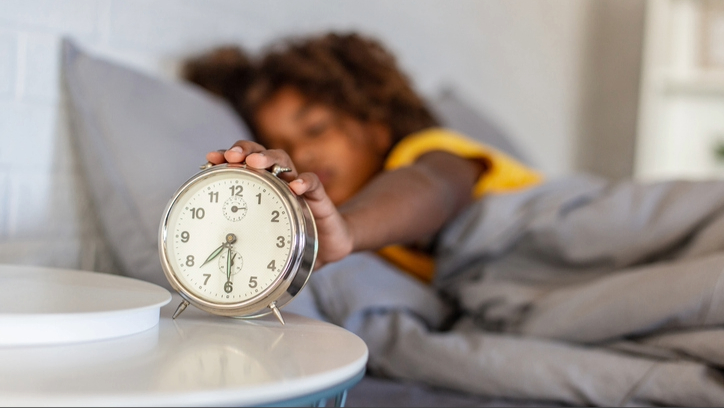
3. Avoid late night snacks
If you want a good night's sleep then it’s time to stop late night snacking and midnight feasts. Eating close to bedtime can disrupt your sleep and potentially trigger night sweats.
If you find you get hungry in the evenings then go for a light, easily digestible snack steering clear of heavy, fatty or spicy foods. This should help to prevent digestive discomfort throughout the night leaving you to enjoy a more stable body temperature as you sleep and therefore avoiding night sweats.

Rachael is a freelance journalist based in South Wales who writes about lifestyle, travel, home and technology. She also reviews a variety of products for various publications including Tom’s Guide, CreativeBloq, IdealHome and Woman&Home. When she’s not writing and reviewing products she can be found walking her Sealyham and West Highland terrier dogs or catching up on some cringe-worthy reality tv.
